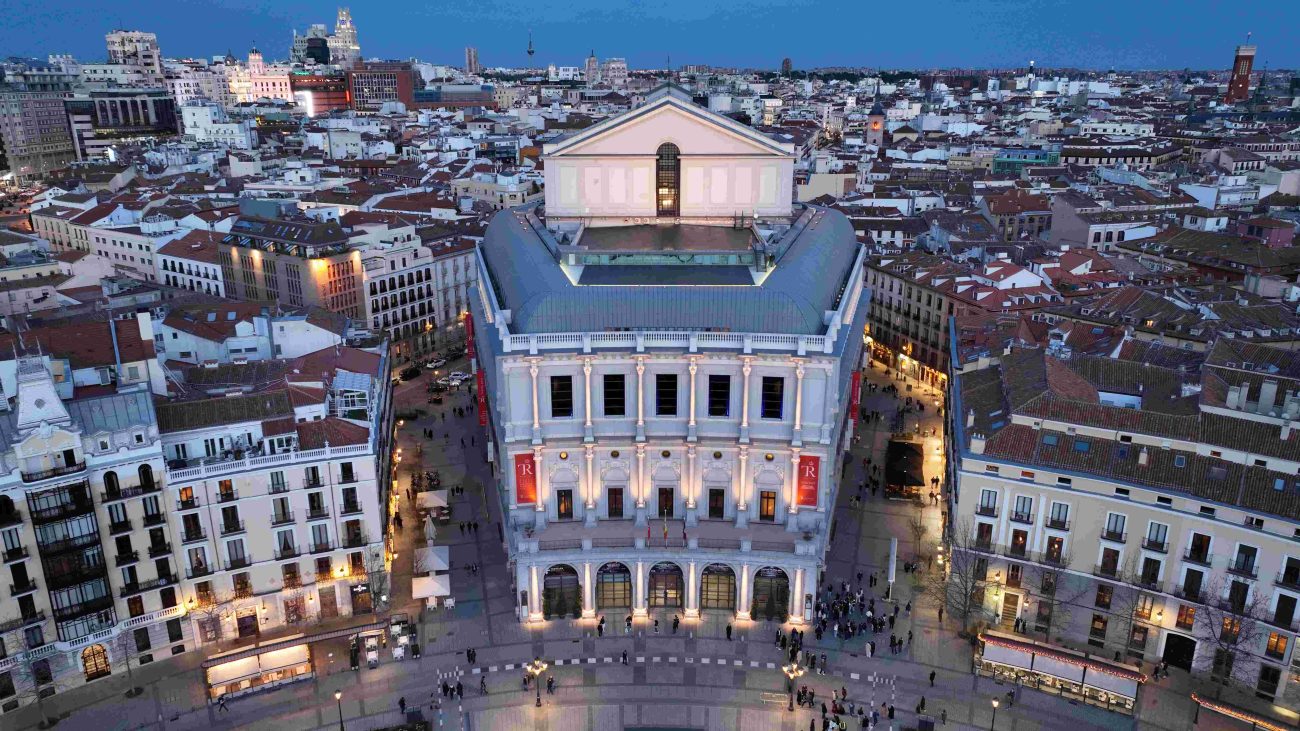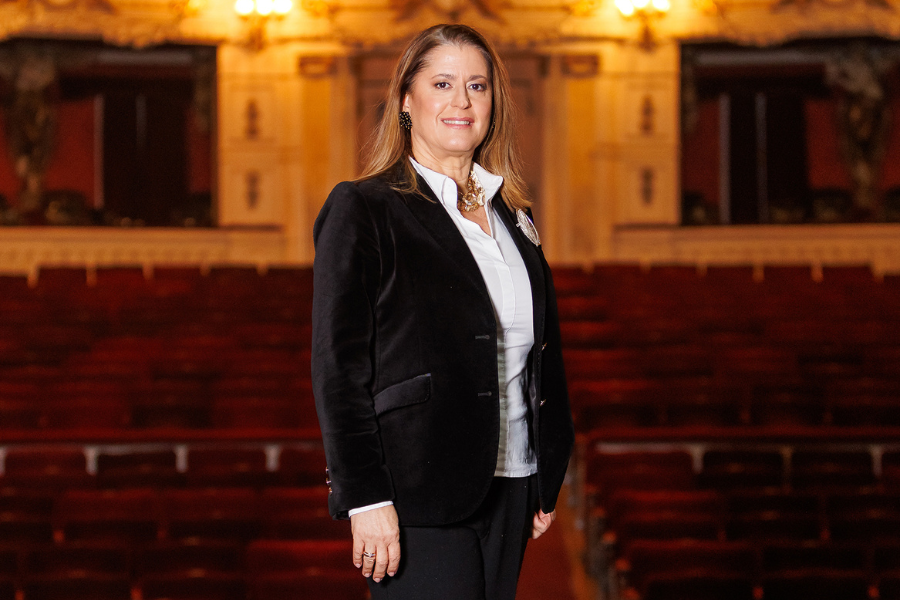Columna de opinión: “Teatros, sostenibilidad y huella de carbono”, por Alejandra Martí

¿Qué estamos haciendo en Chile y Latinoamérica para alinearnos con estas estrategias globales de sostenibilidad en los teatros? Acciones como las que está impulsando Europa serán en los años venideros temas obligatorios e ineludibles para toda organización y que incluso, influyen en los financiamientos que éstas reciben.
Por Alejandra Martí, directora ejecutiva de Ópera Latinoamérica
Con el gran objetivo de dar un enfoque sostenible a la actividad artística, Fedora y Opera Europa lanzaron recientemente la iniciativa Next Stage, a driver of a sustainable future, plan que apoyará la innovación en los sectores de la ópera y la danza mediante la inversión en proyectos transformadores en sostenibilidad, igualdad y transformación digital.
La ambiciosa iniciativa coordinará el esfuerzo de recaudación de fondos de fuentes públicas y se ha propuesto como meta para el año 2025 tener a 800 teatros del mundo sumados al plan. Entre los 47 teatros de 17 países ya se han suscrito la Ópera de París, Komish Oper de Berlín, Teatro alla Scala de Milán y el Teatro Real de Madrid, entre otros. La estrategia de fondo en esta pionera iniciativa se alinea con la meta que la Unión Europea se ha propuesto de alcanzar la neutralidad de carbono para 2050 y los Objetivos de Desarrollo Sostenible.
Ahora miremos localmente: ¿Qué estamos haciendo en Chile y Latinoamérica para alinearnos con estas estrategias globales? Acciones como las que está impulsando Europa serán en los años venideros temas obligatorios e ineludibles para toda organización y que incluso, influyen en los financiamientos que éstas reciben.
Algunos ejemplos que nos empiezan a iluminar y que provienen de organizaciones culturales en Latinoamérica son: el Teatro Colón de Buenos Aires el cual cambió toda su iluminación a LED , salvo la de la sala principal. Por su parte, el Teatro Municipal de Santiago cuenta desde hace un tiempo con paneles solares y el Teatro Solís de Montevideo ya empezó a estudiar la viabilidad de construir eco escenografías. Otra iniciativas sustentables son el desarrollo de coproducciones que permitan el reciclaje de vestuario y escenografía, junto con la transmisión de espectáculos por la vía digital para ampliar el público y “amortizar” la inversión.
Todas las iniciativas mencionadas anteriormente son pioneras en el área de la cultura y empiezan a marcar una ruta y una creación de conciencia que hay que seguir fortaleciendo.
En el caso específico de Chile, el Ministerio del Medio Ambiente lanzó hace algunos días las metas para lograr el objetivo de carbono neutral y resiliencia al cambio climático en el año 2050 aplicando políticas en 14 sectores entre ellos edificación y ciudades, espacios donde los teatros juegan un rol importante. Los teatros construidos en los siglos anteriores tendrán dificultades evidentes, pero los más modernos podrán realizar mejoras considerables. Otro ejemplo chileno que sigue esta línea son los instrumentos de programas y convocatorias que CORFO ha desarrollado en torno al cambio climático y sustentabilidad.
La cultura aún está en el comienzo de este largo camino, pero hay que comenzar a trabajarlo y la articulación será clave. Tal como lo hará la iniciativa de Fedora y como lo desarrolló el Ministerio de Medio Ambiente, es necesario realizar diagnósticos y estudios para analizar el estado del sector en esta materia. Por otro lado, también se pueden considerar acciones intermedias como eventos de intercambio de buenas prácticas interdisciplinarias y de aprendizaje entre pares.
La oportunidad para los teatros y las organizaciones culturales está a la vista y llama a alinearse con planes y políticas públicas de largo plazo, lo que para nuestra industria es clave y no siempre se encuentra.





